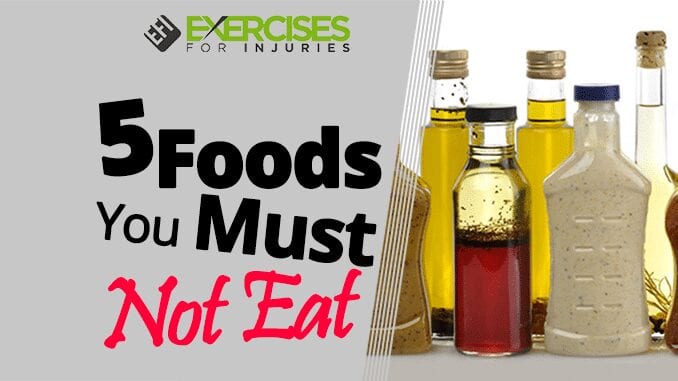The freezer is a great way to prepare food for the winter or for an entire week. But not all food will retain the same quality and taste – there are a number of foods that should never be frozen.
- Raw eggs
A raw egg will crack at cold temperatures, since the white and yolk expand when frozen. Dirt and bacteria will get into the egg from a dirty shell, and it will be problematic to remove the frozen middle. Eggs should be frozen by separating the whites from the yolks and distributing them into containers. Add a little salt to the yolks.
- Soft cheeses
Anything made with cream, as well as mayonnaise and sauces, will go bad when frozen. Only whole milk, whipped cream and natural cottage cheese tolerate freezing well.
- Hydrous vegetables and fruits
Foods such as cucumbers, radishes, lettuce, and watermelon contain a lot of water. And when frozen, they will lose all taste and texture – after freezing, a shapeless, slightly edible mass is obtained.
- Raw potatoes
Raw potatoes will darken from too low temperatures, so store them in a cool and dark place without freezing them. But the potatoes cooked and left after the holiday can be safely frozen and reheated in the following days.
- Thawed food
Re-freezing of any food should never be allowed. During defrosting, bacteria on the surface of the products actively multiply. After repeated freezing and thawing of bacteria, there will be a record amount, and cooking such foods is dangerous for your health, especially those that are not heat-treated.
- Poorly packaged foods
For freezing, use zip bags or containers in which the lid is tightly closed. Poorly sealed food will crystallize when frozen, and it will become almost impossible to eat them. Plus, of course, there is an increased risk of bacteria from other foods or not-so-clean containers getting into the food.
- Hot dishes
Already cooked food should be cooled to room temperature before freezing. When hot food gets into the freezer, or just into the refrigerator, the temperature of the surrounding space will drop and there is a risk of bacteria multiplication on all products that are in the neighborhood at that moment.
Do not store foods such as canned food, bread crumbs, for example in the freezer. Their long-term storage is provided by the manufacturer himself and the method of their processing.










